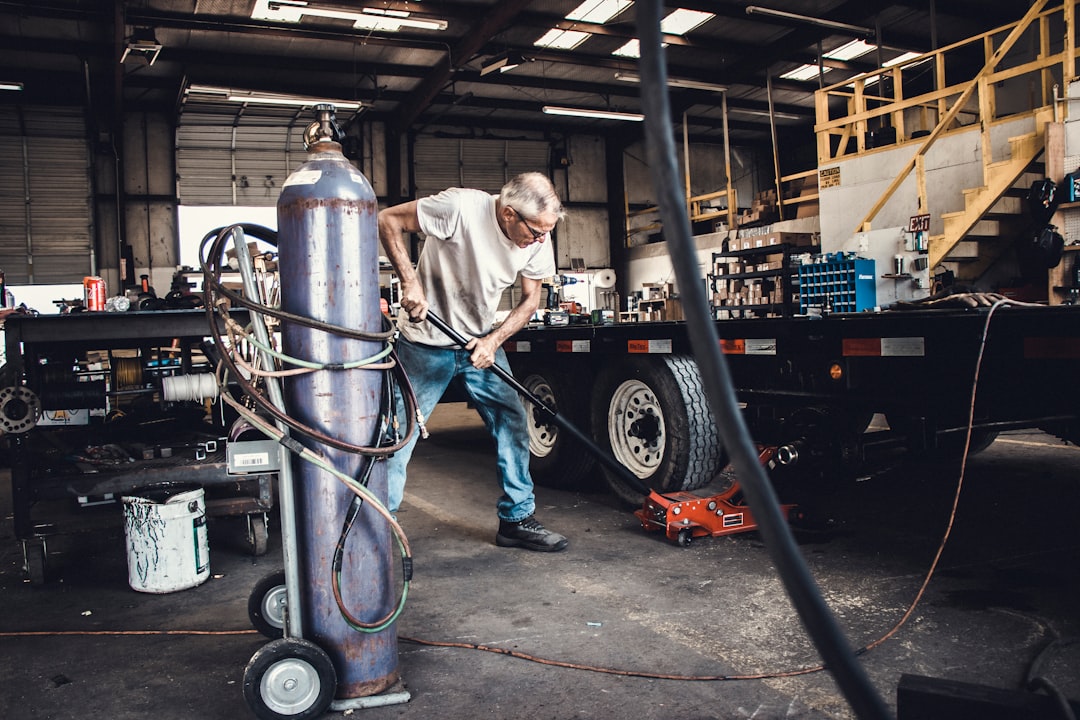The integration of artificial intelligence (AI) and machine learning in manufacturing has revolutionized the industry, making processes more efficient and effective than ever before. These technologies are paving the way for increased automation, improved productivity, and reduced costs, making manufacturing businesses more competitive in today’s global market.
AI and machine learning technologies are being incorporated into all facets of manufacturing, from design and production to quality control and maintenance. By analyzing vast amounts of data in real-time, these technologies can help manufacturers make more informed decisions, improve operational efficiency, and minimize downtime.
One of the key benefits of integrating AI and machine learning into manufacturing is predictive maintenance. By monitoring equipment performance and analyzing historical data, these technologies can predict when a machine is likely to fail, allowing maintenance teams to schedule repairs before a breakdown occurs. This proactive approach can help reduce downtime and extend the lifespan of machinery, ultimately saving manufacturers time and money.
Another important application of AI and machine learning in manufacturing is quality control. By using algorithms to analyze data from sensors and cameras, manufacturers can identify defects and anomalies early in the production process, ensuring that only high-quality products are delivered to customers. This not only improves overall product quality but also reduces waste and rework, leading to cost savings for manufacturers.
AI and machine learning are also being used to optimize production processes. By analyzing data from various sources, such as sensors, machines, and employees, manufacturers can identify inefficiencies and bottlenecks in their operations. This allows them to make data-driven decisions to streamline processes, improve productivity, and reduce lead times. These technologies can also be used to predict demand trends and optimize inventory levels, ensuring that manufacturers can meet customer demand while minimizing excess inventory.
In addition to production processes, AI and machine learning are also being used to enhance product design and development. By analyzing vast amounts of data, such as customer preferences, market trends, and performance metrics, manufacturers can create products that better meet consumer needs and preferences. This data-driven approach to design can help manufacturers innovate faster, reduce time-to-market, and ultimately create products that are more successful in the marketplace.
The integration of AI and machine learning in manufacturing is not without its challenges. One of the key concerns is data security and privacy. With the increasing use of IoT devices and sensors in manufacturing facilities, there is a risk of sensitive data being compromised. Manufacturers must invest in robust cybersecurity measures to protect their data and ensure the integrity of their operations.
Another challenge is the skills gap. While AI and machine learning technologies hold great promise for the manufacturing industry, there is a shortage of skilled professionals who can implement and manage these technologies effectively. Manufacturers must invest in training and development programs to upskill their workforce and ensure that they have the knowledge and expertise to leverage these technologies to their full potential.
Despite these challenges, the integration of AI and machine learning in manufacturing holds immense potential for the industry. As these technologies continue to evolve and become more affordable and accessible, manufacturers of all sizes can benefit from their capabilities. By harnessing the power of AI and machine learning, manufacturers can drive innovation, improve efficiency, and stay competitive in today’s rapidly evolving market.
In conclusion, the integration of AI and machine learning in manufacturing is transforming the industry, making processes more efficient, productive, and cost-effective. These technologies are empowering manufacturers to make data-driven decisions, optimize operations, and create products that better meet customer needs. While challenges remain, the potential benefits of AI and machine learning in manufacturing are vast, and manufacturers that embrace these technologies stand to gain a competitive edge in the global market.

